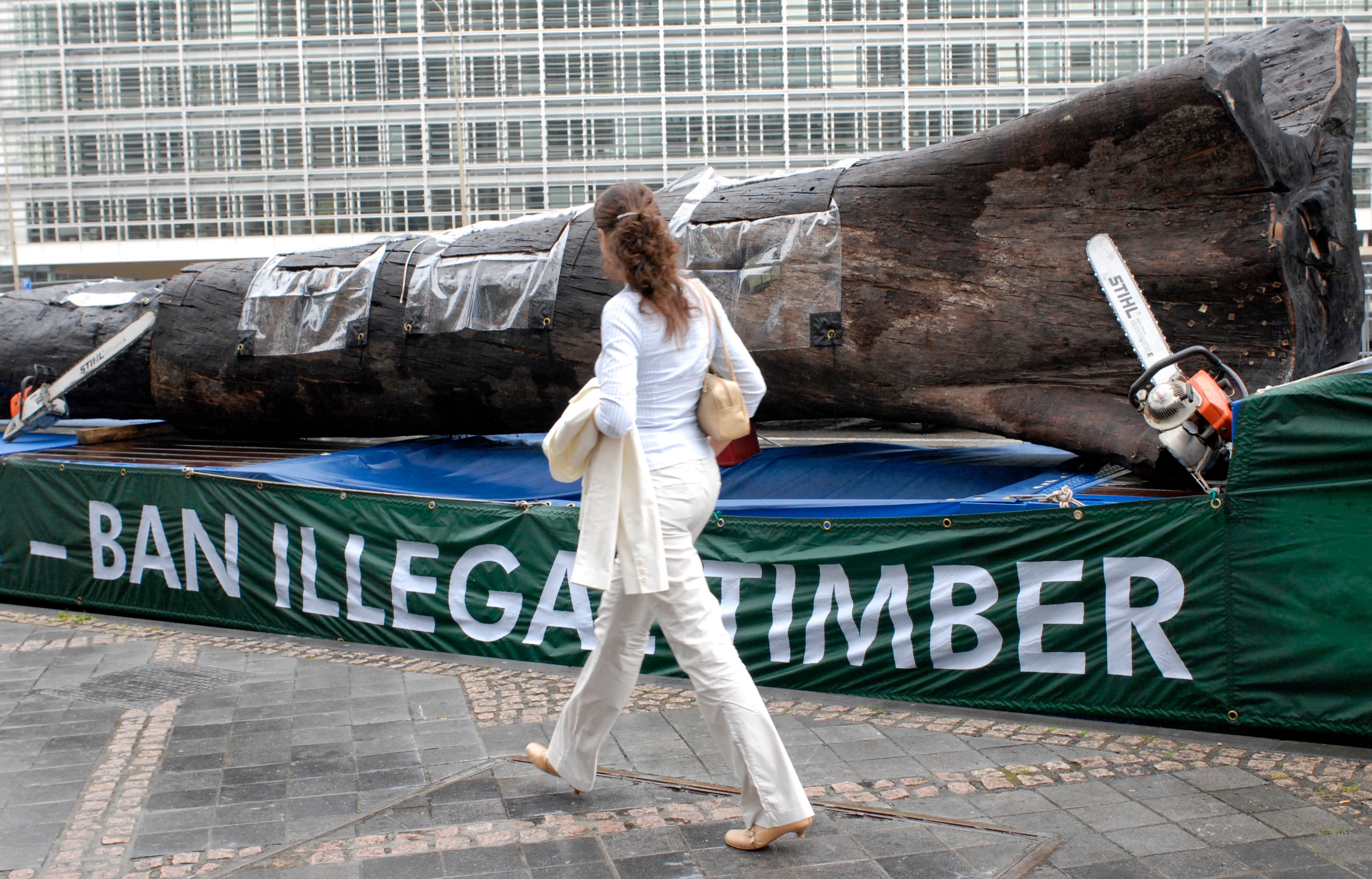EU pushes back deforestation law by a year after outcry from global producers
The European Union has agreed to delay by a year the introduction of new rules to ban the sale of products that lead to massive deforestation

Your support helps us to tell the story
From reproductive rights to climate change to Big Tech, The Independent is on the ground when the story is developing. Whether it's investigating the financials of Elon Musk's pro-Trump PAC or producing our latest documentary, 'The A Word', which shines a light on the American women fighting for reproductive rights, we know how important it is to parse out the facts from the messaging.
At such a critical moment in US history, we need reporters on the ground. Your donation allows us to keep sending journalists to speak to both sides of the story.
The Independent is trusted by Americans across the entire political spectrum. And unlike many other quality news outlets, we choose not to lock Americans out of our reporting and analysis with paywalls. We believe quality journalism should be available to everyone, paid for by those who can afford it.
Your support makes all the difference.The European Union agreed to delay by a year the introduction of new rules to ban the sale of products that lead to massive deforestation, caving in to demands from several producer nations from across the globe and domestic opposition within the 27-nation bloc.
Officials said Wednesday that the EU member states, the EU parliament and the executive Commission reached an agreement in principle following weeks of haggling whether the initial rules would have to be watered down even further than the simple delay by one year. Originally, it was supposed to kick in this month.
The deforestation law is aimed at preserving forests on a global scale by only allowing forest-related products that are sustainable and do not involve the degradation of forests. It applies to things like cocoa, coffee, soy, cattle, palm oil, rubber, wood and products made from them. Deforestation is the second-biggest source of carbon emissions after fossil fuels.
The lead negotiator among the different EU institutions, Christine Schneider, called the delay to implement nature protection rules “a victory,” adding it would give foresters and farmers protection from “excessive bureaucracy.”
Officials from leading exporters of affected commodities — including Brazil, Indonesia and the Ivory Coast — fear the regulation could act as a trade barrier, hit small farmers and disrupt supply chains.
Under the deal, the rules are now scheduled to start Dec. 30, 2025, for large companies, and June 30, 2026, for small companies. The different EU institutions will still have to individually approve the deal but since they agreed on the measures, this is likely to be a formality.
In offering to delay the regulation by a year, the EU Commission has said it heeded the complaints of several global partners about their state of preparedness for the rules.
Some EU governments, including in Austria and Germany, have also sought to water down the regulation or delay its introduction.
With the delay, some governments sought to add more measures that would weaken the original rules and allow for more exemptions. Even if that was not agreed to in the current deal, Schneider said that the commission had “committed itself to updating the Deforestation Law within a year.”
Greenpeace has said that the extention would condemn the world’s forests to another year of destruction. It noted a U.N. finding that an area of forest about the size of Portugal is cut down worldwide each year.